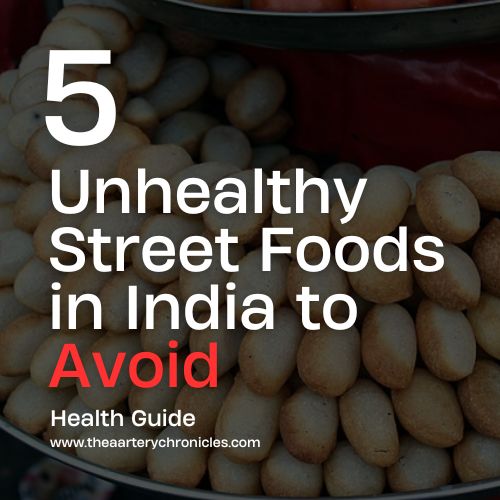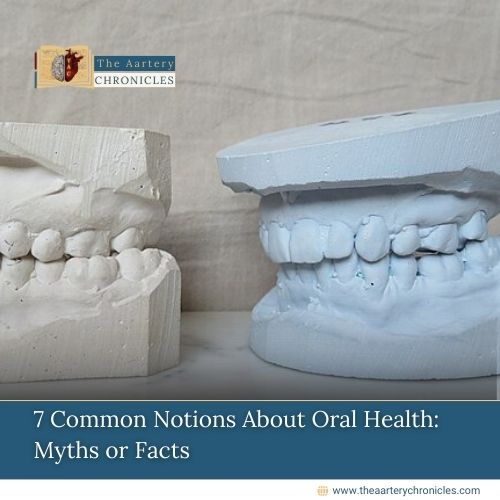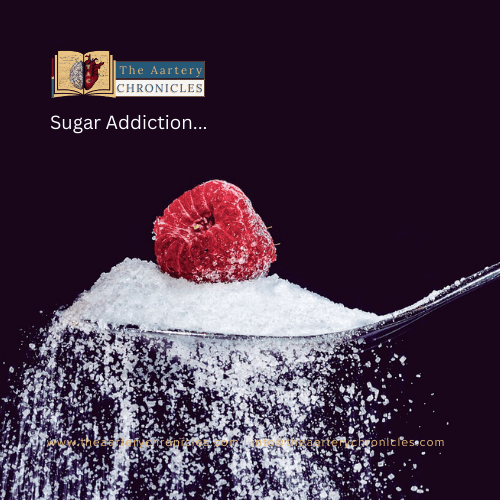Reading Time: 6 minutes Top 10 Safe Sweet Foods Indulging in sweet treats is one of life’s simple pleasures. The taste of sweetness can bring joy and comfort to our lives, but it’s essential to approach this pleasure with caution and safety in mind. Not all sweet foods are created equal, and the abundance of sugary delights on the market can make it challenging to navigate the terrain of sweet snacks that are both delicious and safe for your health. In this article, we’ll delve into the world of sweet foods, exploring the top 10 safe options that will satisfy your cravings without compromising your well-being. From natural and nutritious to wholesome and homemade, we have selected a variety of sweet treats that are not only tasty but also health-conscious. Do not forget to have a look at the delicious Picture gallery in the end! 1. Fresh Fruit: Nature’s Candy In our search for sweet foods, sometimes we overlook the simplest and healthiest option of all: fresh fruit. Fruits like apples, berries, oranges, and pears offer the perfect balance of natural sweetness and essential nutrients. They are free from additives, preservatives, and artificial sweeteners, making them an ideal, safe option for satisfying your sweet tooth. In addition to their delicious taste, fresh fruits provide an abundance of vitamins, minerals, and dietary fibre. These nutrients contribute to overall health and can help curb your sugar cravings while keeping your diet on the right track. 2. Greek Yogurt with Honey: A Protein-Packed Pleasure Greek yoghurt sweetened with honey is a delightful and safe sweet food option. Greek yoghurt is known for its high protein content, making it a nutritious choice for satisfying your sweet cravings. To ensure the utmost safety and health benefits, opt for plain Greek yoghurt and drizzle a touch of natural honey with walnuts. This combination provides the creamy satisfaction of traditional yoghurt with the added benefits of protein and a touch of natural sweetness. 3. Dark Chocolate: A Decadent Delight Indulging in chocolate can be a true pleasure, and dark chocolate, with at least 70% cocoa content, offers a way to enjoy this delight while staying on the safe side. Dark chocolates are rich in antioxidants and have lower sugar content compared to their milk chocolate counterpart. Indulging in a small piece of high-quality dark chocolate can be a safe and delightful way to satisfy your sweet cravings. 4. Oatmeal with Cinnamon or Fruit: A Wholesome Start Sweet breakfasts are a favourite for many, but you can enjoy them safely by opting for a bowl of oatmeal. Add a sprinkle of cinnamon and some sliced bananas or berries for a satisfying and healthy dessert. Oatmeal is a heart-healthy whole grain that provides dietary fibre and essential nutrients. By naturally sweetening it with fruits and a hint of cinnamon, you’ll be rewarded with a delightful morning or anytime treat that’s both safe and nutritious. 5. Nut Butter on Whole-Grain Bread: A Perfect Pair Almond, peanut, or cashew butter spread on whole-grain bread offers a delightful combination of sweet and savoury. This option is packed with healthy fats, fibre, and protein while minimizing added sugars. Whole-grain bread provides complex carbohydrates that can help keep you feeling full and satisfied for longer. The combination of nut butter and whole-grain bread not only tastes good but is a safe and nutritious way to quench your sweet cravings. 6. Frozen Yogurt with Fresh Fruit: A Healthier Alternative If you’re a lover of ice cream but want a safer option, consider frozen yoghurt with a variety of fresh fruit toppings. Choose low-fat or non-fat frozen yoghurt options and load up on fresh fruit for added flavour and nutrition. This frozen treat offers the creamy texture and delightful sweetness of ice cream but with fewer calories and a healthier nutrient profile. 7. Rice Cakes with Nut Butter and Banana: Crunchy and Creamy Rice cakes topped with a layer of nut butter and banana slices make for a crunchy, creamy, and naturally sweet treat. Rice cakes are a low-calorie and gluten-free option that provides a satisfying crunch. Nut butter offers healthy fats and protein, while bananas contribute natural sweetness and a dose of potassium. This combination is an excellent choice for a snack or light dessert that’s safe and enjoyable. 8. Baked Apples with Cinnamon: Comforting and Nutritious Baked apples seasoned with cinnamon make a delectable dessert that’s both simple and safe. The natural sweetness of the apples intensifies as they bake, offering a comforting and healthy treat. Apples are rich in dietary fibre and antioxidants, making them a valuable addition to your diet. Cinnamon adds a warm and inviting flavour, enhancing the sweetness of the apples without the need for excessive sugar. 9. Chia Pudding: A Sweet and Nutrient-Packed Dessert Chia pudding is a versatile and nutritious sweet option. Chia seeds soaked in almond milk or yoghurt, sweetened with a touch of honey or maple syrup, and topped with fresh berries provide a safe, sweet, and satisfying dessert that’s also packed with fibre and nutrients. Chia seeds are a great source of omega-3 fatty acids, protein, and fibre. The addition of fresh berries not only enhances the taste but also offers essential vitamins and antioxidants. 10. Homemade Popsicles: Customizable and Safe Making your popsicles at home allows you to take control of the ingredients and tailor them to your preferences. Use fruits, yoghurt, or fruit juice as your base and customize the flavours to your taste. These homemade popsicles are free from artificial additives and excessive sugars, making them a safe choice for sweet satisfaction. You can experiment with a variety of flavours, from strawberry and mango to lemon and lime, ensuring that your sweet cravings are met without compromising your health. Conclusion Satisfying your sweet tooth is a delightful part of life, and it’s entirely possible to do so safely without sacrificing your health. The top 10 safe sweet foods discussed in this article offer a delicious alternative to sugar-laden, processed sweets. By choosing natural, nutritious, and






